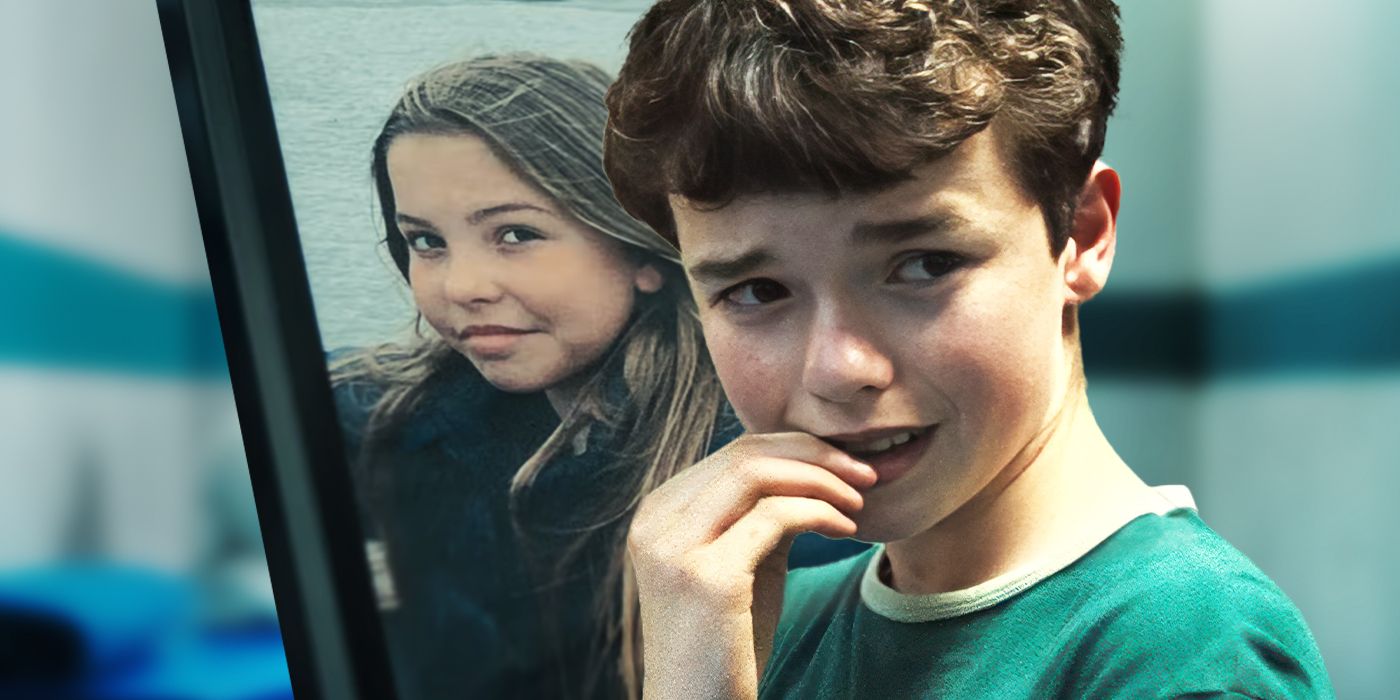
When 13-year-old Jamie Miller (Cooper) is arrested for the murder of Katie Leonard, one of his classmates, we’re inclined to sympathize with him from Episode 1 as we witness the traumatic circumstances of his arrest and detainment minute by minute. Though he maintains his innocence, it’s soon shown quite plainly that he was the one responsible for Katie’s violent death, and Episode 3 makes it clear that he’s more dangerous than we were at first led to believe. We see how the fallout of Jamie’s crime affects his family, particularly his father, Eddie (Stephen Graham), but by completely leaving out Katie’s side of the story, Adolescence fails to meaningfully address the effect that the proliferation of ‘manosphere’ content has on the women and girls who fall victim to the men and boys who perpetuate it.
‘Adolescence’ Contradicts Itself After Episode 2
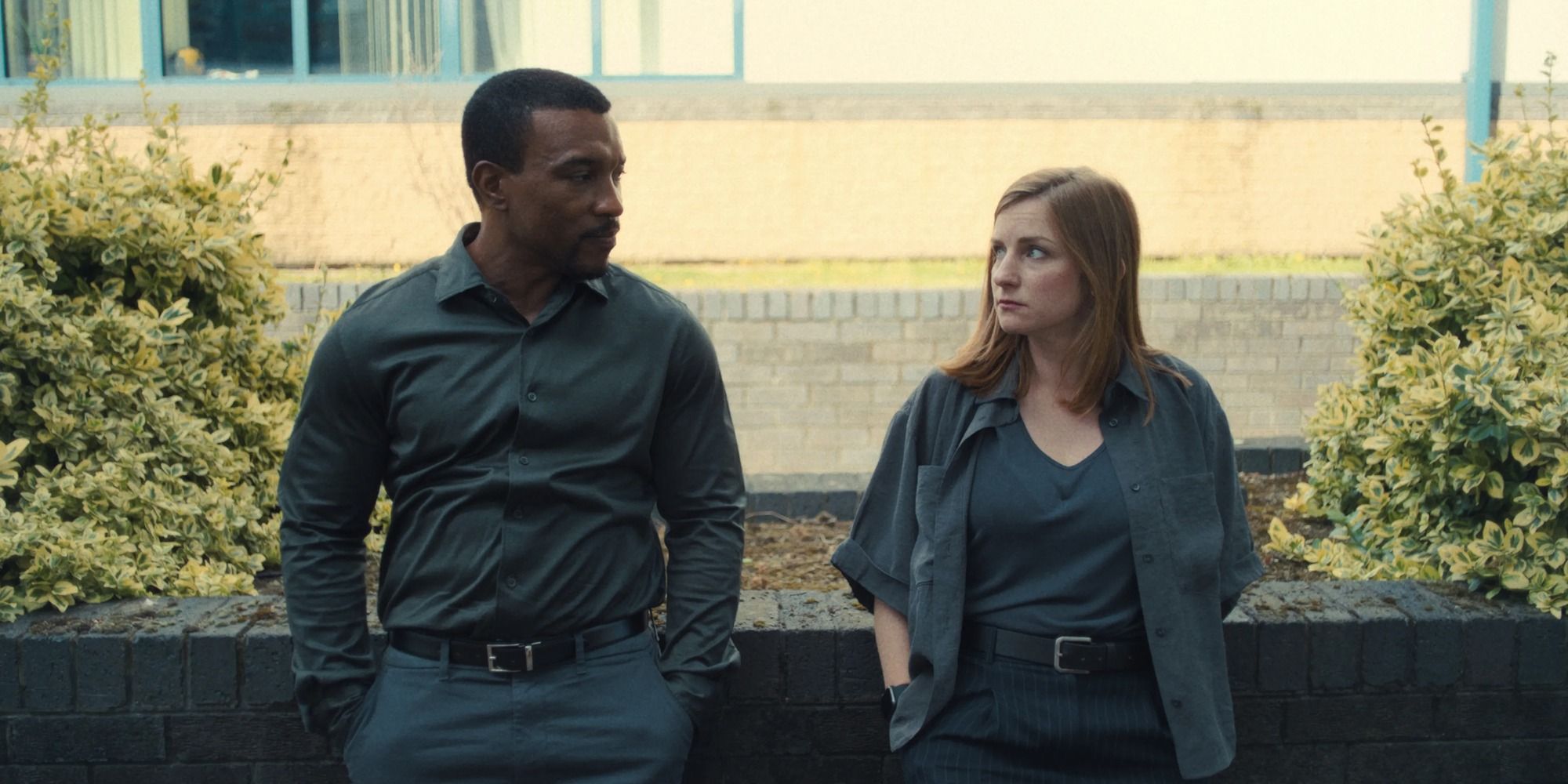
He throws a number of terms Bascome’s way, like red pill and the 80-20 rule, that his dad had clearly never heard of, but upon finding out Katie was calling Jamie an incel, he immediately comes to the conclusion that Katie was bullying him. He doesn’t follow that train of thought any further, however, by questioning why she may have called him an incel and whether it could have been in response to the harassment she faced at school, especially considering how Episode 3 later contextualizes her comments by revealing that Jamie’s friends had been sending nude pictures of her around the school. It’s here that we first start to see how the show’s analysis of incel culture is almost exclusively limited to the effects it has on men and boys.
By Leaving Out Katie’s Story, ‘Adolescence’ Paints a One-Sided Picture of Her Death
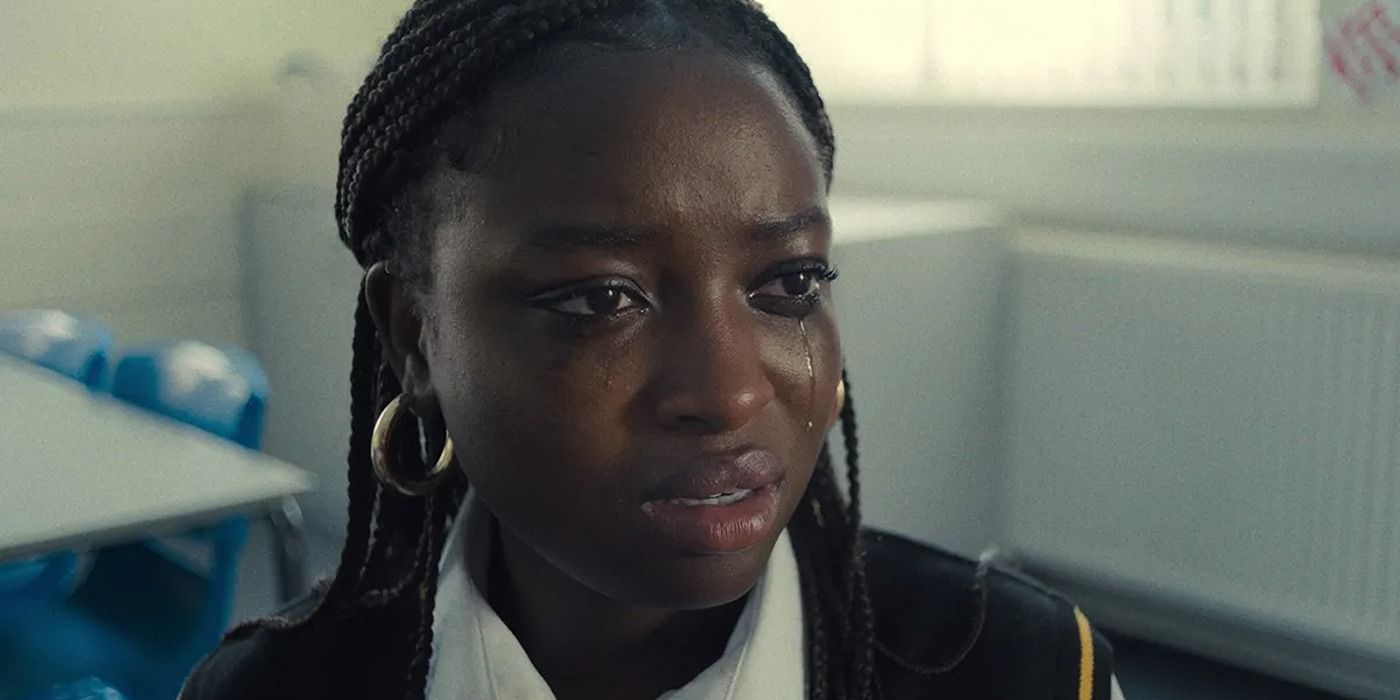
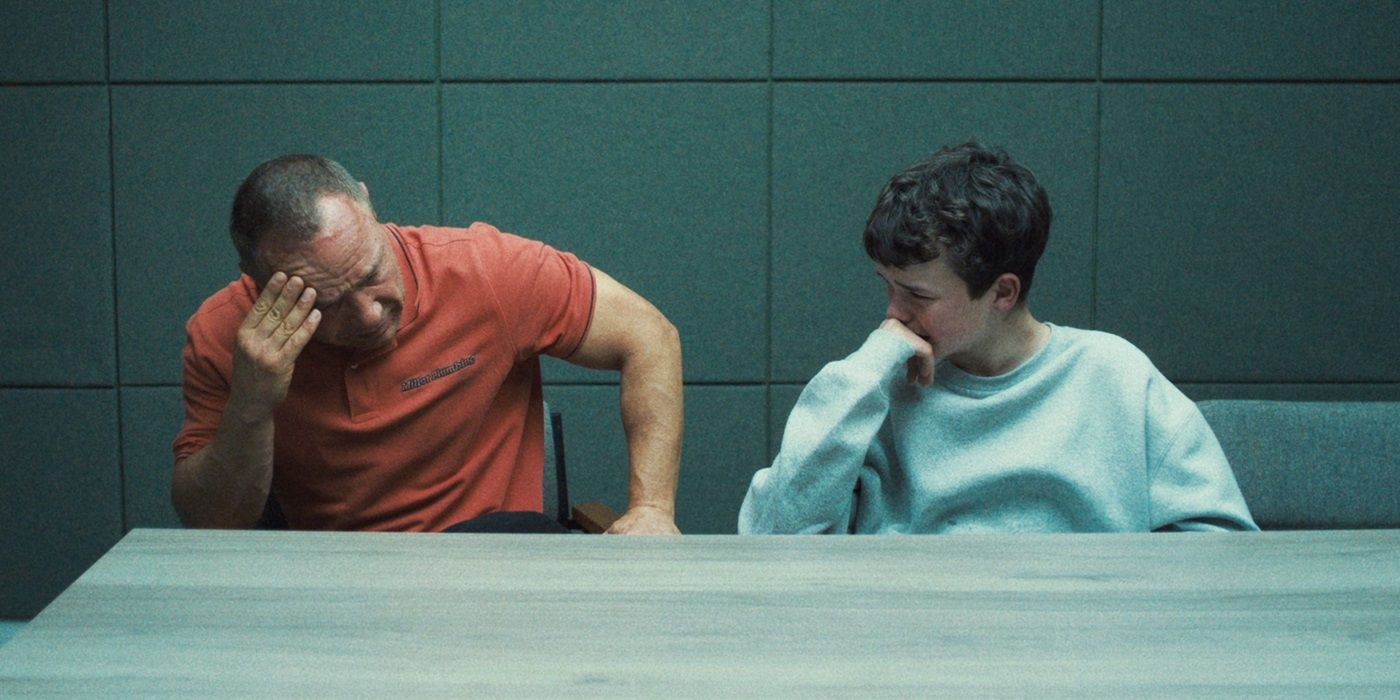
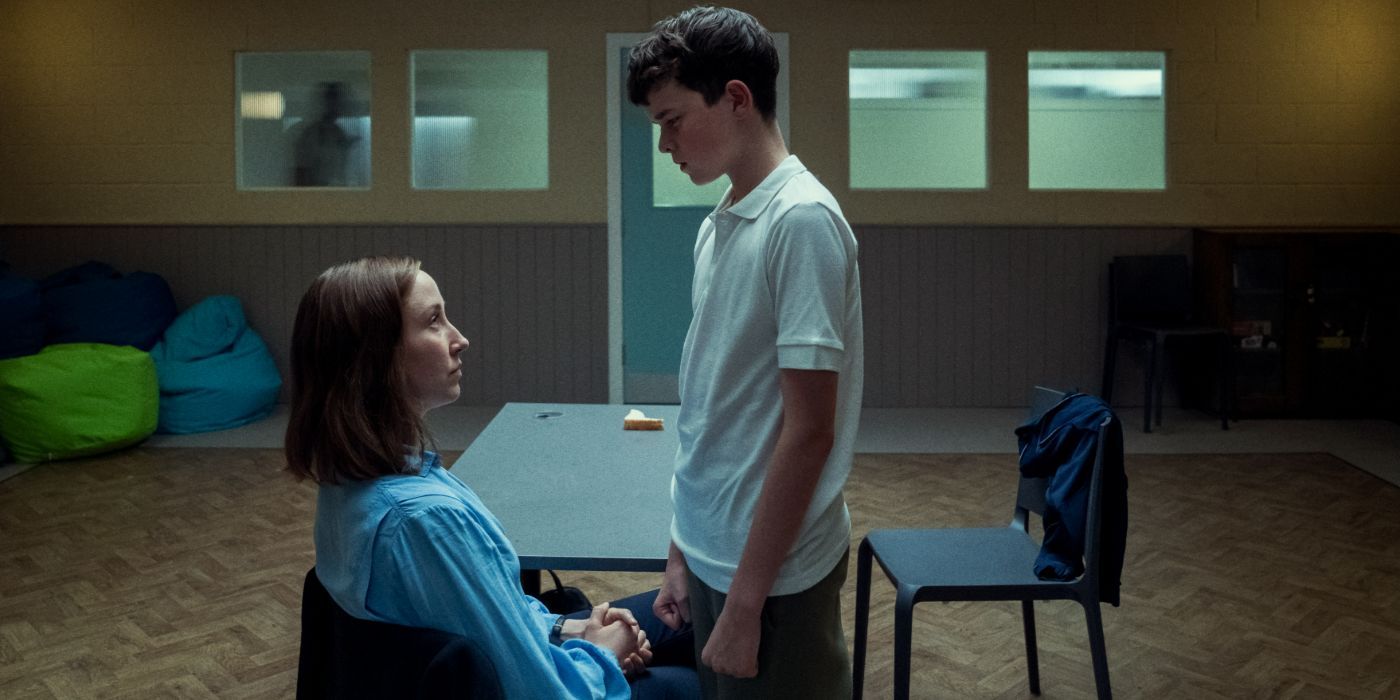
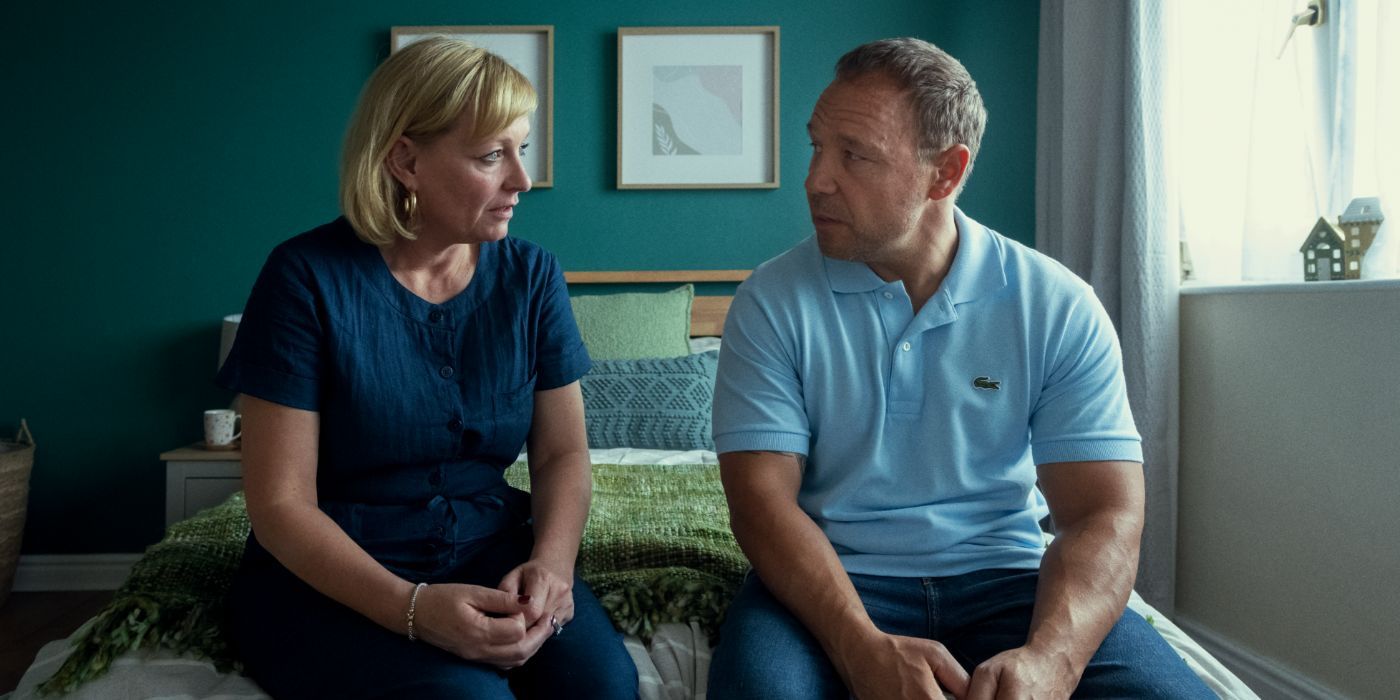
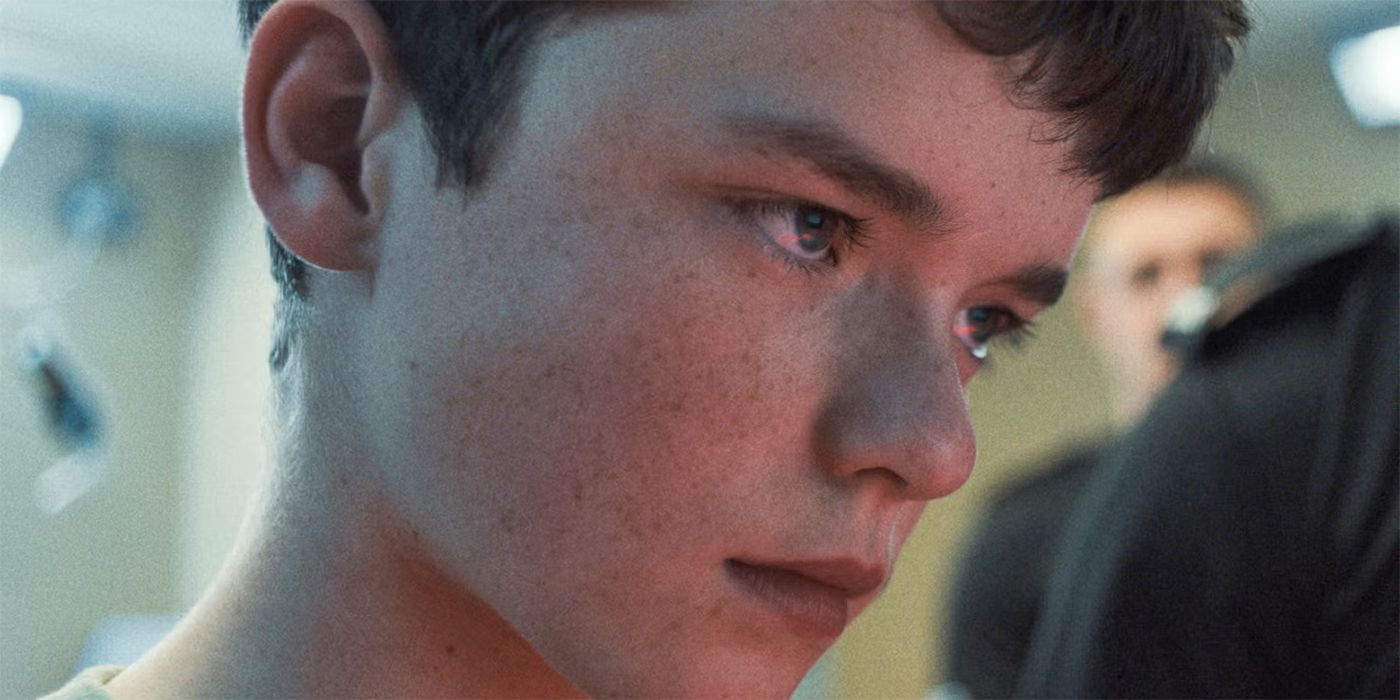





Throughout Adolescence, we see how Katie’s murder wreaks havoc on the lives of Jamie’s family, especially his parents, Eddie and Manda (Christine Tremarco), who wonder if they themselves are ultimately to blame for Jamie’s actions. What we don’t see, however, is Katie’s version of the story, nor how her murder affected her family. The closest we get to learning anything about Katie is through her best friend Jade (Fatima Bojang), who we follow very briefly in Episode 2 and says Katie was the best person she knew. Katie’s humanization starts and ends with Jade, and, just as Detective Frank pointed out in Episode 2, Adolescence spends plenty of time getting us to understand and sympathize with Jamie and his family while leaving Katie’s perspective out entirely.
Adolescence undoubtedly shines a light on many important issues and serves as a great conversation starter for parents who may have no idea what kind of content their children are consuming online and how it may be radicalizing them. We’re primed to sympathize with Jamie from the beginning, but it quickly becomes evident that he was, in fact, responsible for Katie’s murder. The red pill ideology Jamie has internalized rears its ugly head in Episode 3 when he appears to take pleasure in scaring Briony, who refuses to back down even when he physically stands over her, sizing her up. However, the complexity afforded to Jamie’s character is never afforded to Katie or her family.
The series doesn’t go so far as to blame Katie for her own death. Still, the way she’s painted as this imperfect victim whose behavior may have “pushed him” to kill her makes it a one-sided and underdeveloped examination of his crime and the motivating factors behind it. Adolescence shows Jamie as a product of his environment, both a victim of misogynistic content creators who exploit young men’s insecurities for profit and the perpetrator of a violent and deadly attack. By not telling Katie’s side of the story, it glosses over how the unequivocal victims are the women and girls like her who find themselves on the receiving end of the hurtful, violent, and sometimes deadly misogyny the series attempts to explore.
With just four episodes, Adolescence is listed on Netflix as a limited series, but with the show’s massive success, it doesn’t seem outside the realm of possibility that it could be renewed for a second season, though nothing has been announced or confirmed yet. The show’s heartbreaking finale leaves you wanting to know more, and the series would have plenty of material for a hypothetical second season that highlights Katie and her family’s side of things.
Considering how much time is spent in Episode 4 on Jamie’s family’s drive to and from the hardware store as his parents reminisce over how they met, Adolescence would have benefited from a couple more episodes to paint a more complete picture of Katie’s murder, how it affected her family, and how misogyny and red pill ideology played a role in it. Despite its empathetic exploration of a complex issue we rarely see depicted in fictional media, Adolescence prioritizes Jamie’s characterization while completely sidelining Katie, proving Detective Frank’s point from Episode 2 by failing to adequately touch on how misogynistic rhetoric and violence negatively impact women and girls the most.





